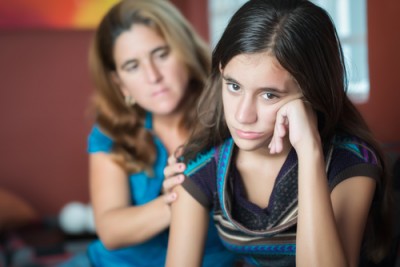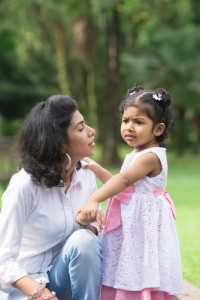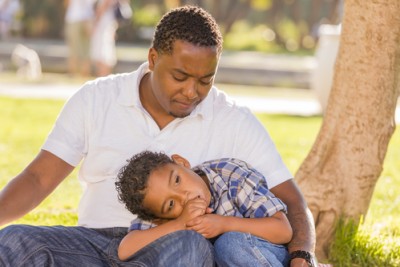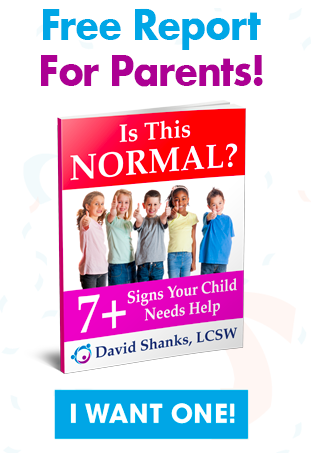
We all naturally want to protect our children from some of the painful realities of life. But that is often not possible. It can be difficult to figure out how to handle these situations. How much do children need to know? What is the right way to bring up a difficult issue?
I think the most important piece of handling such issues isn’t as much about the information but about how you, the parent, are doing. Our children are always watching us for clues about what is going on. And even for very young children who may not have a sophisticated vocabulary, they are feeling what we feel. The fundamental question they will be asking you, although probably not in words, is: Is it safe? Are we going to be OK? The only response that is going to be truly supportive and reassuring is a believable one. Just saying the “right” words isn’t enough.
This is one of those times when it can be difficult to be in the role of parent. When you are hurting, it’s OK to let your child see it but it is also important for your child to see that you have the intention of hanging in there and getting through the crisis. Tough times can teach us all some important lessons and this is an opportunity to teach your children how to survive pain and loss. It’s a time when you need to find your own resources – to find support from family, friends, your church or spiritual life, or where ever you go for strength. Sometimes a skilled therapist can be a powerful source of help.
 Often parents wonder when and how much to tell children – especially young children.
Often parents wonder when and how much to tell children – especially young children.
If there is something big happening, kids need to know or they may potentially make up something even worse in their own minds including that they are the cause of the problem. If they see their mother or father is in grief, they deserve a simple and straightforward explanation. If a divorce is looming, even teenagers don’t need to know all the bloody details, but they do need to know what’s happening to the family and especially what’s happening to them. It’s important, whatever the issue, to be open to questions and answer them as frankly as possible.
There are many kinds of loss. One of the most difficult is death. Even very young children have some understanding of death. It’s important to help them face such a loss with as much honesty as you can muster, as these issues are difficult for us adults as well. It’s fine to include your beliefs but this is not always a time for sugar coating the issue especially if you are in grief. If you are, your child will know it. I think what is most distressing is feeling a lack of reality in the parents’ communication. Kids will feel the disconnection between what you say and what they observe you are feeling. Again, it’s OK to be honest about your feelings and it is also important to clearly communicate to your children that they are going to be OK.
 Lastly, it’s best to not involve your kids in your own emotional processing. You need to find your own support so you can be there for them emotionally. This is an opportunity to teach them good boundaries by example. When I say that it’s important to tell kids honestly what is happening, at the same time I think they need only the basic facts and do not need to be involved in too much detail. What is important in all this is to hold the space for them to experience life; to know that they are seen and loved no matter what is happening. If you can give them that, you will be well on your way to “Creating Successful Children.”
Lastly, it’s best to not involve your kids in your own emotional processing. You need to find your own support so you can be there for them emotionally. This is an opportunity to teach them good boundaries by example. When I say that it’s important to tell kids honestly what is happening, at the same time I think they need only the basic facts and do not need to be involved in too much detail. What is important in all this is to hold the space for them to experience life; to know that they are seen and loved no matter what is happening. If you can give them that, you will be well on your way to “Creating Successful Children.”
If you need help talking to your kids about tough subjects, you’re not alone. For more information, please feel free to give me a call or send me an email.
David Shanks, LCSW is a therapist in Carrboro/Chapel Hill


